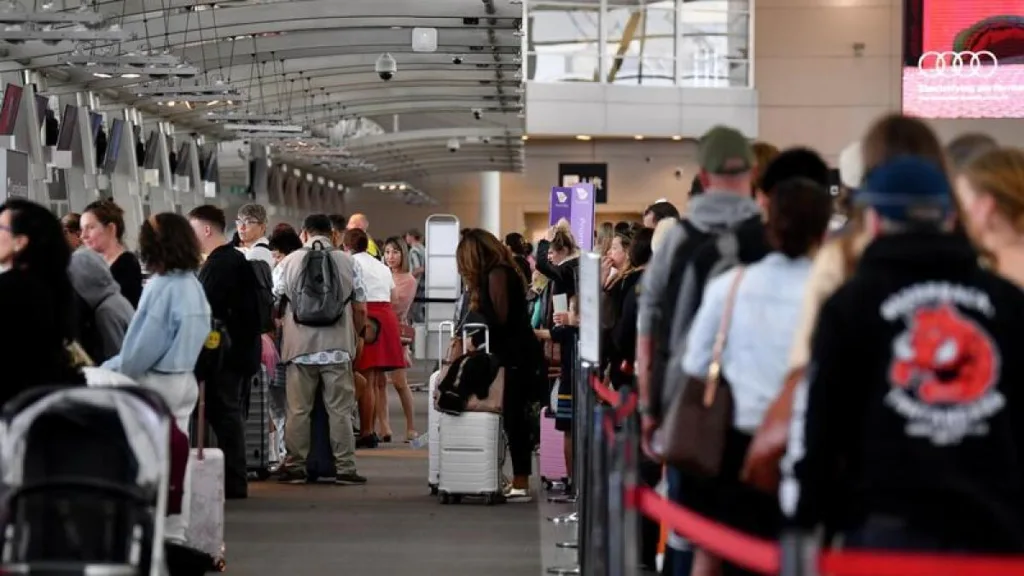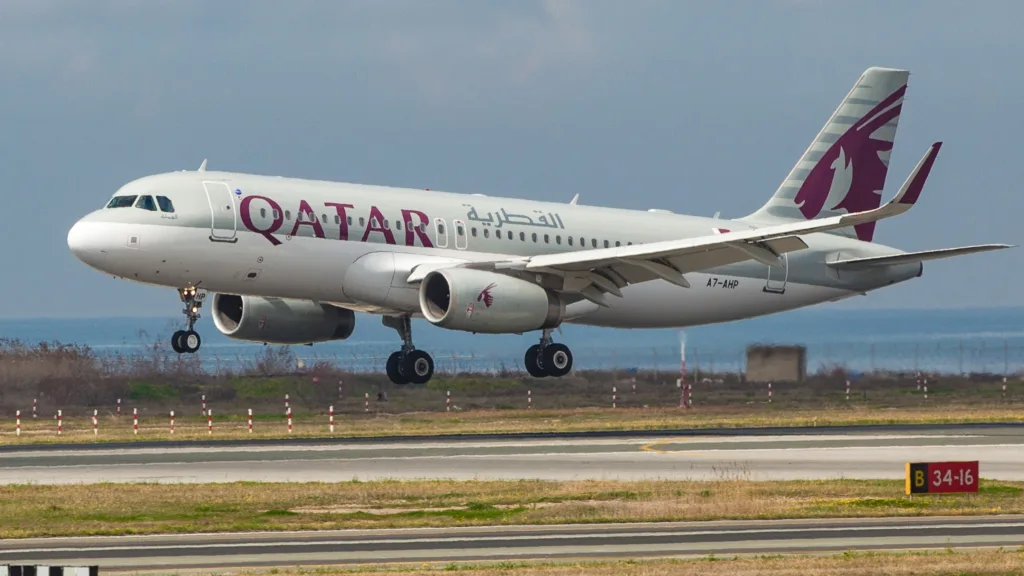Air travel through the Middle East is gradually resuming following the fragile ceasefire between Israel and Iran, with airports like Doha’s Hamad International and major Gulf carriers including Qatar Airways and Emirates cautiously restoring services.
However, many travellers — particularly Greek Australians flying to Europe via the region — continue to experience significant delays, rerouted connections and unexpected costs.
One such traveller is a Greek Australian woman from Sydney, who described to The Greek Herald a costly and distressing ordeal after her itinerary with Etihad Airways was disrupted amid the chaos.
She had been scheduled to depart Sydney for Athens via Abu Dhabi on Tuesday, June 24, but was notified that her flight had been moved to 3:40pm on Wednesday, June 25. While this seemed straightforward at first, Etihad split her itinerary into two separate, unlinked bookings, meaning the second leg from Abu Dhabi to Athens was no longer confirmed.
Because her ticket was a non-flexible fare, it was also non-refundable. The traveller says she was left in limbo, repeatedly contacting the airline in an attempt to secure a rebooking for the second leg.
“I was told someone would call back in under two hours. I still had not heard back over five hours later,” she told The Greek Herald.
“I’m frustrated, out of pocket and completely in the dark. I need help coordinating new flights, insurance, and accommodation adjustments, and I have zero clarity right now.”

She added that after waiting over 24 hours for Etihad to approve the rescheduling of her Abu Dhabi–Athens leg — during which she was told the request had been escalated to a different department — she gave up and paid out of pocket to secure a new flight.
“I just decided to pay the cost to move to a new flight so I wasn’t stranded alone in Abu Dhabi given the current uncertain climate,” she said.
The incident reflects wider issues travellers are facing in the region. On June 23, Iranian missile strikes targeting a US base in Qatar triggered temporary airspace closures, causing hundreds of flight cancellations and airport congestion.
While operations have resumed at major hubs, including Qatar, the UAE, Kuwait, and parts of Saudi Arabia, the impact has been deeply felt across international networks.
Etihad has not yet responded to questions from The Greek Herald on the specific case, but it is among many airlines caught in the ripple effect of Middle East volatility. Qatar Airways, for example, said it is “making progress in restoring its schedule” but expects possible disruptions until June 26.

Travellers with tight layovers or separate bookings, especially those transiting through Gulf hubs to reach Greece or Cyprus, remain vulnerable to missed connections and unexpected costs. While some airlines are offering flight-change waivers or full refunds, policies differ widely — and passengers like the Sydney woman have found themselves out of pocket with limited support.
Despite the ceasefire, security analysts warn that conditions remain volatile, and travellers should stay informed, check booking updates regularly, and confirm travel insurance coverage, as some policies may exclude war-related disruptions.
For many affected travellers, the hope is that airlines will improve communication and offer greater support.
“There’s so much we can’t control right now,” the Sydney traveller said. “But at the very least, travellers deserve communication from the airlines we rely on.”
